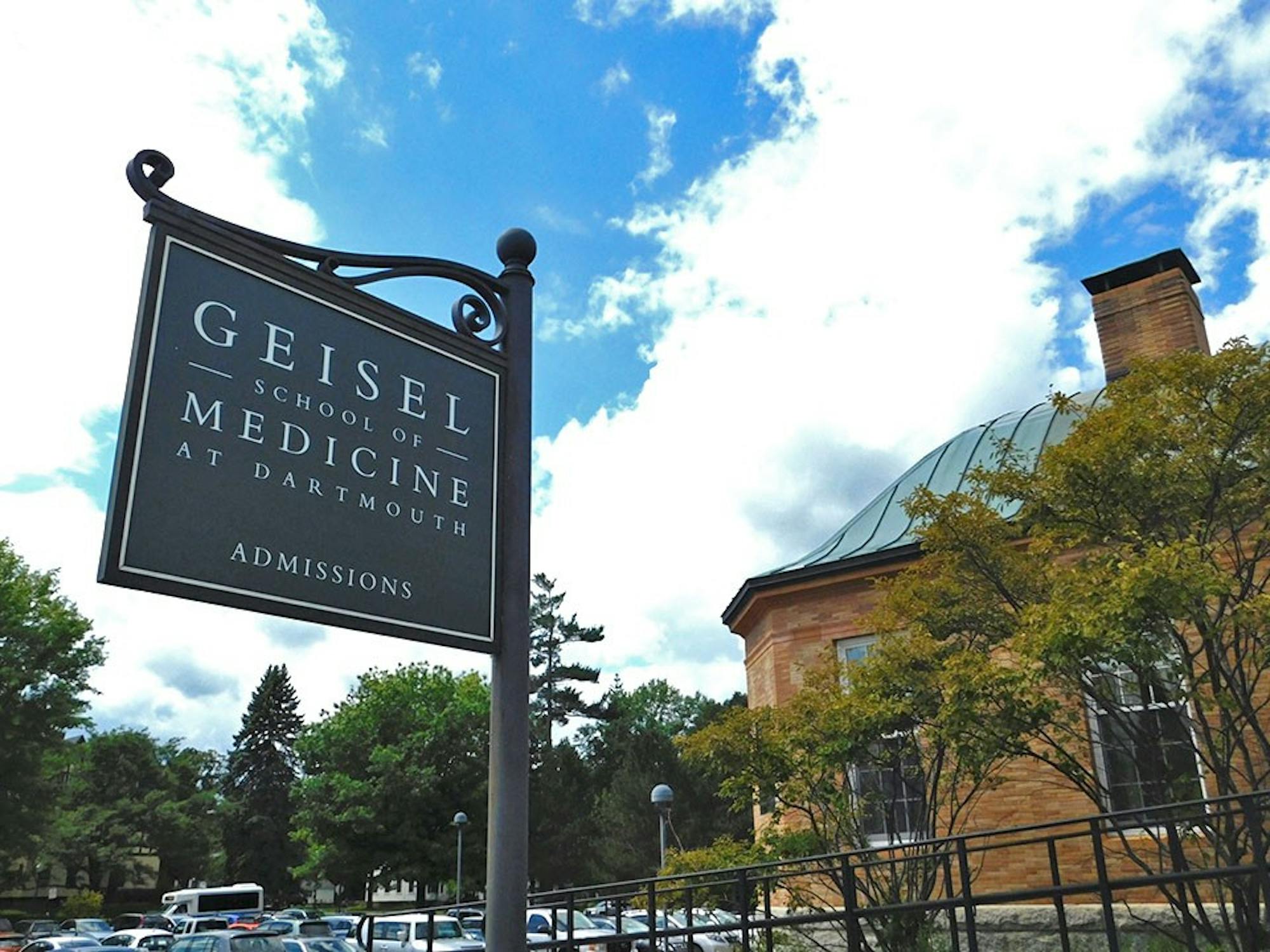Faculty members are developing the iTarget project, an interdisciplinary biomedical research center, aided by a five-year, $12.45 million National Institutes of Health grant awarded to the College in May.
The National Institue of General Medical Sciences administers the Center of Biomedical Research Excellence grant received by Dartmouth. The project will fund junior faculty working on early-stage research focused on cellular processes and the impact of diseases upon the interaction of cells and molecules. iTarget will fund four projects led by junior faculty. COBRE funding can be renewed over two additional five-year periods.
The iTarget project is designed to develop a new center of intellectual activity at the College, said Dean Madden, iTarget director, COBRE award principle investigator, and Geisel School of Medicine biochemistry professor.
The process of creating iTarget and applying for NIH grants bean in 2013, Madden said. The grants must fund junior faculty members who have not received major federal funding in the past, he said.
Madden selected biochemistry professor Jason McLellan as an investigator in 2013.
McLellan wrote R01 grants — a type of NIH grant — to be included within the overall application and ran individual research projects. His research is based around the respiratory syncytial virus, a minor, cold-like condition that can be dangerous in young children.
McLellan said the process of applying for the grants and the beginning stages of his research have provided him with opportunities to work with senior faculty members and receive mentoring on grant writing.
He hopes the five-year grant will provide him with a number of resources for his research.
After the selection of four research investigators, Madden and senior faculty acted as mentors as the team began to present potential research topics and shape them to fit the program. Each investigator wrote a proposal for their research project as part of the larger iTarget program.
The grant was submitted in February of 2014 and reviewed in August of 2014. Due to budget problems at the NIH in 2015 there was a delay in approving the grant, and the College received the grant in May.
Even before the College received the grant, iTarget began operating. Since the process began, three out of the four junior faculty have been awarded individual independent grants for their research.
Madden cited the strong culture of collaboration at the College as beneficial to the program.
“We have relatively small labs compared to some of our peers and yet we have this great infrastructure where students are collaborating with multiple labs and labs are collaborating with each other to really drive research projects,” he said.
The iTarget project incorporates a wide variety of departments and programs at the College, Geisel and the Thayer School of Engineering, making it highly interdisciplinary, Madden said. In total, iTarget will involve 10 departments.
“There’s a real emphasis in the iTarget on bringing together a really strong group of people across campus and having them talk to each other,” he said. “It was so exciting to watch as we were bringing everyone together in these weekly meetings and every was jumping in with suggestions and ideas and we started to already live this interdisciplinary paradigm.”
McLellan pointed to the importance of collaboration throughout the iTarget program thus far.
“It allows us exposed to new experimental approaches that we may not even be aware of that other people are using,” he said.
Geisel biochemistry professor Henry Higgs, a core director for iTarget, oversees the molecular interactions and imaging core for the project. He specifically supports the microscopy needs of the investigators, duties he shares with chemistry professor Dale Mierke.
“There are resources available for them to get their imaging done through microscope work,” he said.
The various investigators have different strengths and can consult each other for support and help, he said. For example, he is a cell biologist and can apply his expertise to the research of the investigators.
“Those interactions give you ideas and knowledge about things other people are doing that could help your own work so it ends up being very synergistic,” he said.
Higgs hopes the program will have positive results. He said it has the potential to launch a number of careers of the junior faculty at the College, which will benefit the faculty base as a whole individual research.
“Its purpose is to support and nurture junior faculty members so that they can be competitive in the highly competitive NIH grant system,” he said.




